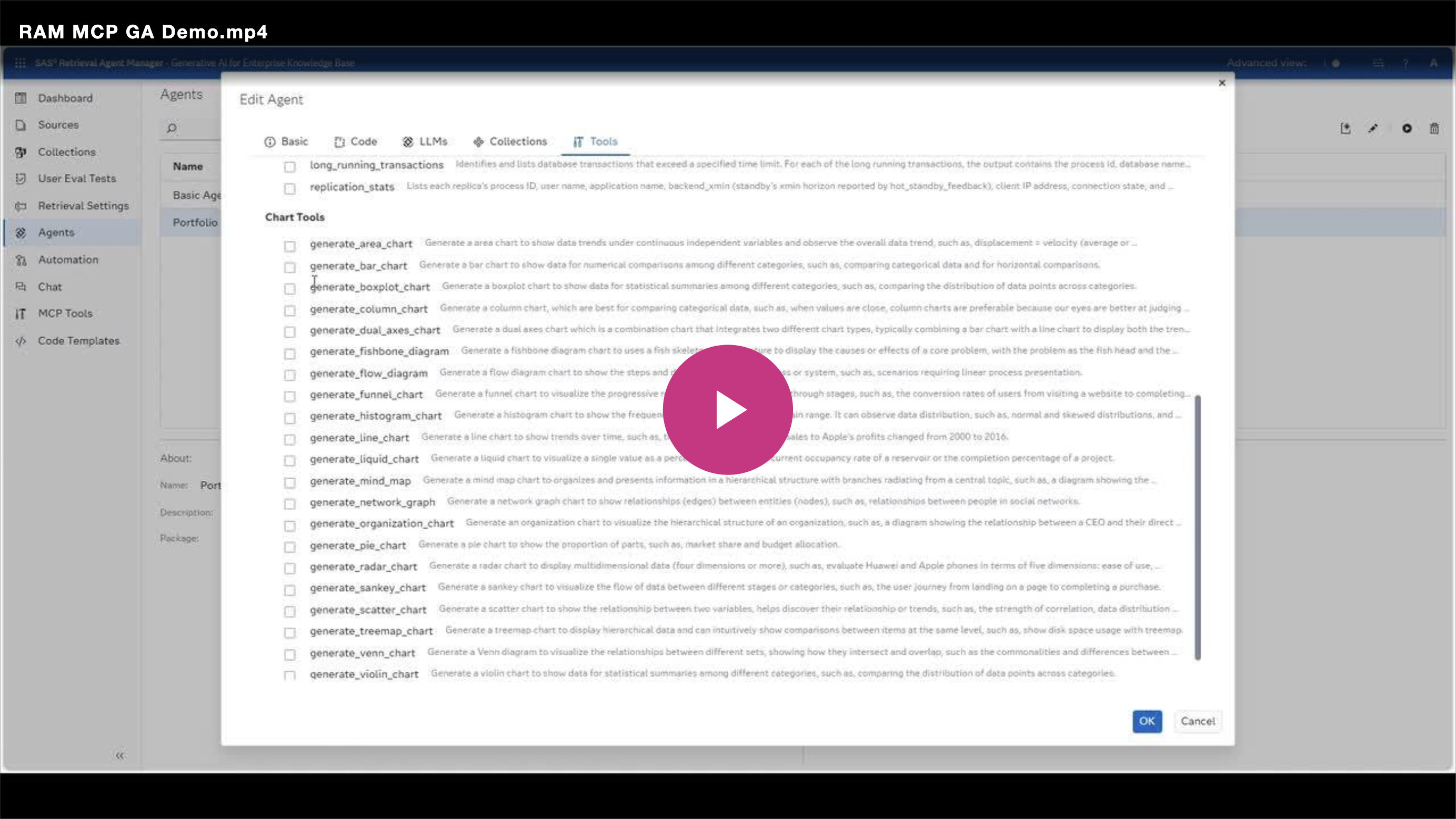
We see headlines about misbehaving chatbots, fictitious reports, and systemic fairness issues. Yet AI risks are neither unexpected nor unforeseeable. They stem from a combination of well-known but underestimated risks across ethics, data security and legal topics. These are not black swans, but grey swans. Recognizing this shift in perspective




